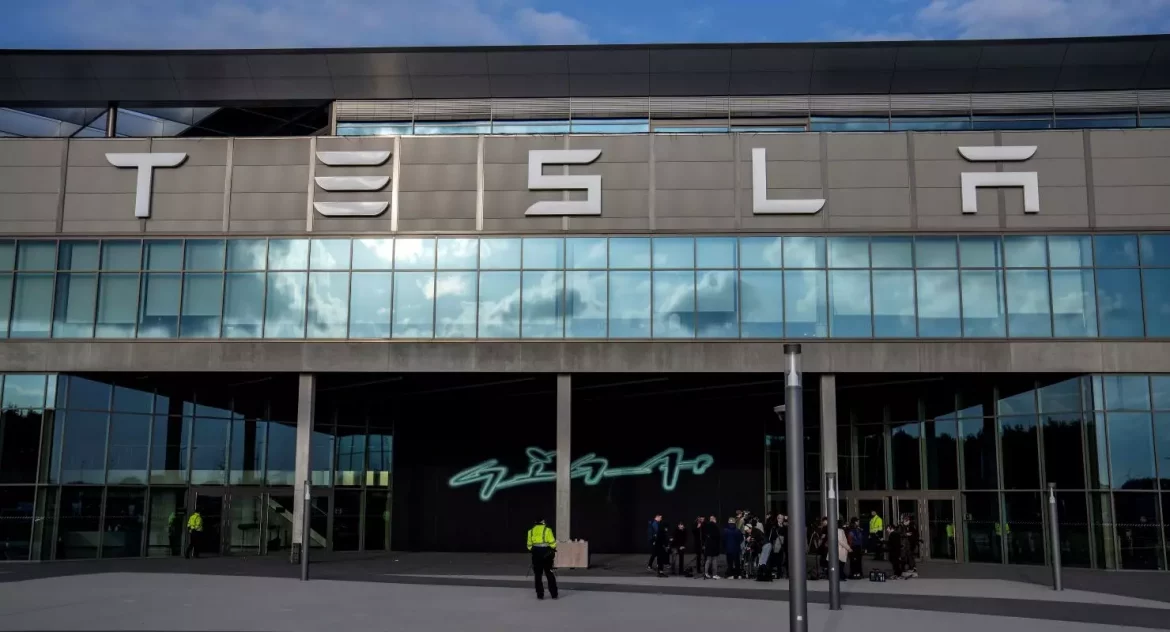Latest reports suggest that Tesla has launched a scathing attack on Australia’s main auto industry lobby group, accusing it of attempting to delay climate action by repeatedly making “plainly false” claims to the public about an Albanese government clean car policy.
According to reports, Tesla sharply criticised the Federal Chamber of Automotive Industries (FCAI), an organisation in which it holds a board seat and is an active member, In a submission to the government about the design of a vehicle efficiency standard.
The Australian arm of Elon Musk’s electric car company said the lobby group had been running a “concerted public campaign” against the government plan, including claiming to multiple media outlets that it could increase the price of popular utes by up to $13,000 despite knowing this was not how the system worked.
Tesla said that the FCAI was meant to represent the views of all its members, but on this issue it was “representing only one section of the industry: those companies who would continue to delay” action on the climate crisis. It said FCAI’s position was “discordant” with the public commitments of several of its members, including Ford, Jaguar Land Rover, Volvo and Mercedes-Benz, which had all said they would stop selling combustion engine models in leading markets by 2035.
Read also: Six die after flash floods hit Malawi
Tesla said that the FCAI was instead arguing for a policy regime that does next to nothing, based on an existing voluntary program that it oversees. While the lobby group has described its proposal as “ambitious”, Tesla said it had been openly discussed within FCAI that it would not cut emissions before 2030.
It estimated the FCAI’s preferred approach would lead to a 25% increase in vehicle emissions between 2024 and 2030. It said it had put this calculation to the FCAI before writing its submission and asked if it had “missed anything”. It alleged the FCAI replied: “You are missing the review process.”
Tesla took this to mean the FCAI was aware that the model it was arguing for would allow emissions to increase, but was suggesting the details could be changed years down the track.
“The FCAI knew that its targets would actually allow carmakers to increase emissions because of enormous loopholes that create hundreds of thousands of electric vehicles that only exist on paper,” Tesla said in its submission.
Story was adapted from the Guardian.
